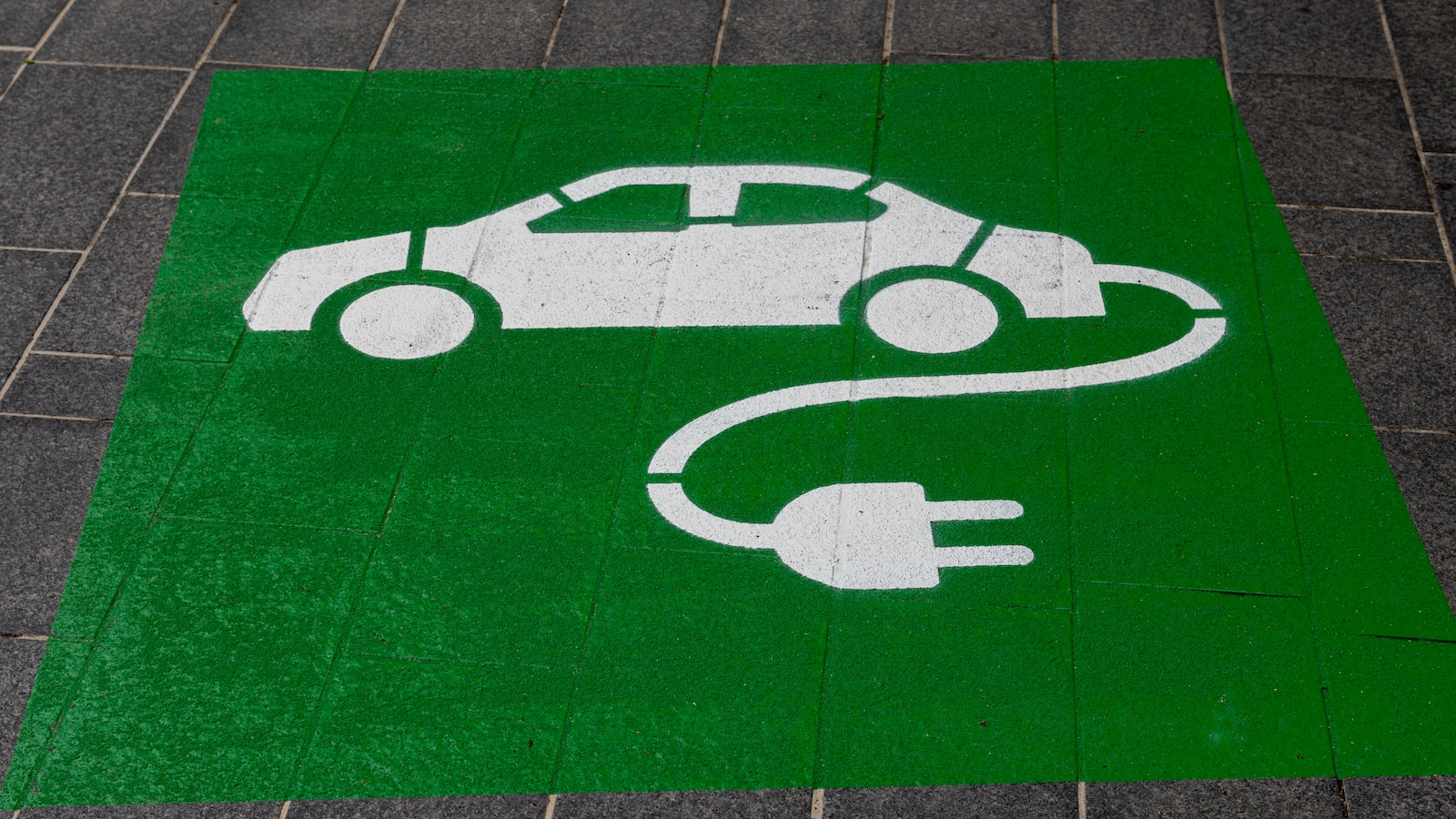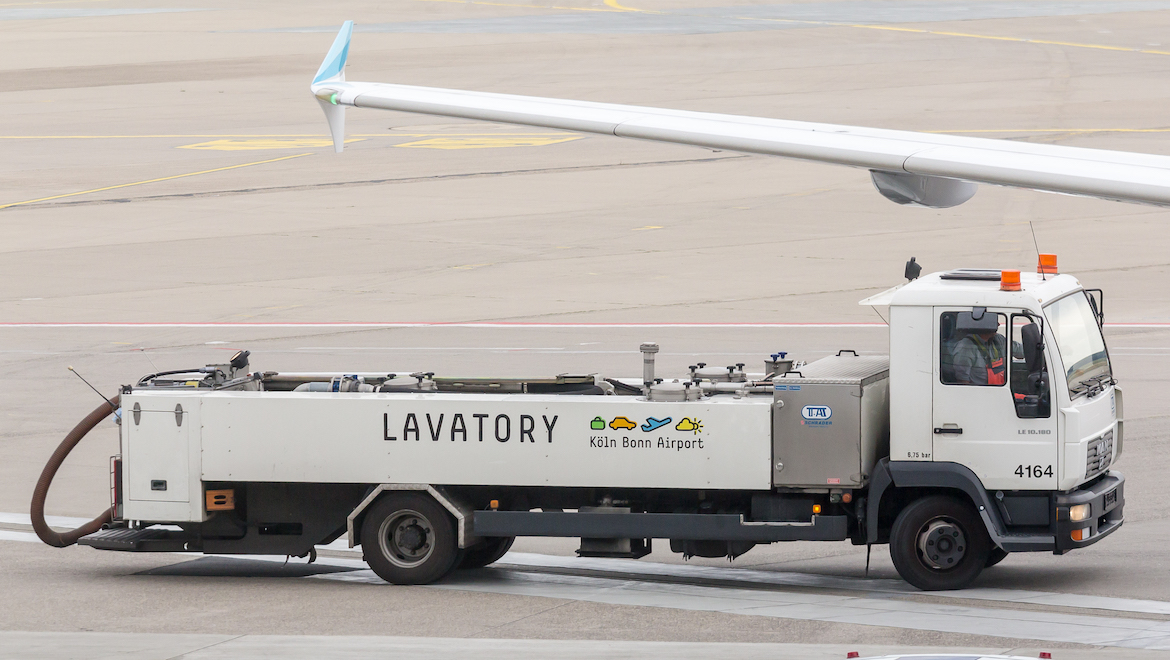Introduction:
As concerns about environmental sustainability continue to gain precedence in our society, the concept of scrap car removal has evolved significantly to align with the overall goals of preserving the environment. The modern-day approach to disposing of end-of-life vehicles now focuses on an environmentally friendly progression, seeking to minimize the ecological impact caused by vehicular waste. In this article, we will delve into the innovative practices and responsible methods that have reshaped the landscape of scrap car removal. By exploring the various stages involved in this environmentally conscious process, we aim to demonstrate the positive impact it has on curbing hazardous pollution while promoting the effective utilization of resources. Whether you are an industry professional or an individual looking to dispose of an old vehicle sustainably, read on to gain a comprehensive understanding of the environmentally friendly progression of scrap car removal.
Table of Contents
- 1. The Importance of Environmentally Friendly Scrap Car Removal
- 2. Innovations in Recycling Technologies for Sustainable Car Disposal
- 3. Regulatory Measures and Collaborative Efforts for Responsible Scrap Car Management
- 4. Recommendations for Individuals and Stakeholders to Support Environmentally Conscious Vehicle Disposal
- In Retrospect

1. The Importance of Environmentally Friendly Scrap Car Removal
In recent years, there has been a growing recognition of the importance of environmentally friendly practices in various industries, including the scrap car removal sector. The disposal of end-of-life vehicles poses significant challenges to our environment due to the harmful substances they contain. However, the progression towards eco-friendly scrap car removal methods has brought about a positive shift in the industry.
One of the key aspects of environmentally friendly scrap car removal is the proper handling and disposal of hazardous materials found in these vehicles. By adhering to strict regulations and guidelines, such as those set by environmental agencies, responsible scrap car removal companies ensure that harmful fluids like oil, coolant, and brake fluid are safely drained and disposed of, preventing their release into the environment. Additionally, careful dismantling of reusable parts such as batteries, tires, and catalytic converters allows for their proper recycling or disposal, minimizing waste and reducing the overall environmental impact.

2. Innovations in Recycling Technologies for Sustainable Car Disposal
In recent years, there have been significant advancements in recycling technologies that cater specifically to sustainable car disposal. These innovations have brought about a new era in the automotive industry where the environmental impact of scrap car removal is minimized, and valuable resources are reused or recycled.
One such innovation is the development of efficient auto shredders. These shredders break down end-of-life vehicles into smaller pieces, separating various materials like metals, plastics, and glass. This allows for a more streamlined recycling process, as each material can be treated separately to maximize its potential for reuse. For instance, metals can be melted down and used to manufacture new products, while plastics can be transformed into pellets for creating other plastic goods. Not only does this help in reducing the demand for new raw materials, but it also prevents the accumulation of waste in landfills.

3. Regulatory Measures and Collaborative Efforts for Responsible Scrap Car Management
The environmentally friendly progression of scrap car removal has been propelled by a series of regulatory measures and collaborative efforts. Governments and regulatory bodies worldwide have recognized the urgency of addressing the environmental impact of scrap car disposal, leading to the implementation of stringent regulations. These measures aim to reduce the negative consequences of scrap cars on the environment, while also promoting sustainable practices for the management of end-of-life vehicles.
One key regulatory measure is the establishment of recycling targets and standards for scrap car dismantling and recycling facilities. By setting these benchmarks, governments encourage proper handling of hazardous materials and promote the recycling of valuable resources found within scrap cars. Additionally, collaborative efforts between automobile manufacturers, scrap car removal companies, and recycling facilities have played a significant role in responsible scrap car management. These partnerships foster knowledge sharing, technology advancements, and best practices in the recycling and disposal of scrap cars, ensuring a unified approach towards minimizing environmental impact.
- Regulatory measures and collaborative efforts drive environmentally friendly scrap car removal
- Governments implement stringent regulations to reduce environmental impact
- Recycling targets and standards promote sustainable practices
- Collaboration between stakeholders fosters knowledge sharing and technology advancements
The joint efforts of regulatory bodies and industry stakeholders ensure that responsible scrap car management continues to evolve towards a more sustainable approach. By embracing innovative recycling technologies, reclaiming valuable materials, and properly disposing of hazardous components, the environmental footprint of scrap car removal can be significantly reduced. As regulations become stricter and collaboration flourishes, the future of scrap car management promises to be more environmentally friendly and socially responsible.

4. Recommendations for Individuals and Stakeholders to Support Environmentally Conscious Vehicle Disposal
To promote the environmentally friendly progression of scrap car removal, individuals and stakeholders can take several key actions. Firstly, it is vital for individuals to prioritize recycling their old vehicles instead of leaving them to rust away in landfills. Recycling not only reduces the strain on natural resources by reusing valuable materials but also prevents the release of hazardous substances into the environment. Moreover, stakeholders should encourage the establishment and support of authorized recycling facilities that comply with strict environmental regulations.
Furthermore, individuals can make a significant impact by choosing to donate or sell their old vehicles for reuse rather than disposal. By doing so, usable parts can be salvaged, reducing the need for manufacturing new components and contributing to a circular economy. Additionally, it is crucial for stakeholders to raise awareness about the benefits of environmentally conscious vehicle disposal. This can be achieved through educational campaigns, community outreach programs, and collaborations with government agencies, aiming to inform the public about the detrimental effects of improper car disposal and the available sustainable alternatives.
- Seek certified recycling facilities: Individuals should ensure that the recycling facility they choose has the necessary certifications and adheres to stringent environmental protocols. This guarantees that materials are handled responsibly and any hazardous waste is disposed of safely.
- Support policy changes: Stakeholders should advocate for policies that incentivize environmentally friendly practices such as tax breaks for recycling or stricter regulations on scrap car disposal. This helps create a supportive environment for responsible vehicle retirement.
- Spread awareness: Individuals and stakeholders can utilize various platforms, including social media, blogs, and community events, to educate others about the long-term benefits of environmentally conscious vehicle disposal.
By implementing these recommendations, individuals and stakeholders can actively contribute to the preservation of our environment and the sustainable future of the automotive industry.
In Retrospect
In conclusion, the environmentally friendly progression of scrap car removal is a vital step towards preserving our planet and ensuring a sustainable future for generations to come. As discussed, the traditional methods of disposing of scrap cars not only posed significant harm to the environment but also disregarded the potential for resource recovery. By choosing a reputable and responsible company like Top Cash For Cars, you not only contribute to a greener approach but also benefit from a hassle-free and rewarding experience.
At Top Cash For Cars, we prioritize the responsible disposal and recycling of scrap cars, ensuring that each step of the process aligns with stringent environmental standards. Our state-of-the-art facilities and expert team guarantee that the dismantling, recycling, and proper disposal of hazardous materials occur in an environmentally sound manner. Through our advanced recycling techniques, we aim to minimize waste, conserve valuable resources, and reduce carbon emissions.
By entrusting your old or scrap car to our dedicated team, you actively participate in promoting a cleaner and healthier environment. On top of that, we offer a seamless and transparent process that maximizes the value of your vehicle. Whether you choose to request a quote by filling out our convenient online form or by calling us directly, we assure a prompt response and a fair evaluation.
Now is the time to take action and make a difference. Let Top Cash For Cars be your partner in responsibly removing your scrap car from the equation, while also receiving top dollar for your vehicle. Request a quote today and join us in our commitment to preserving our environment for future generations. Together, we can pave the way towards a greener future.
